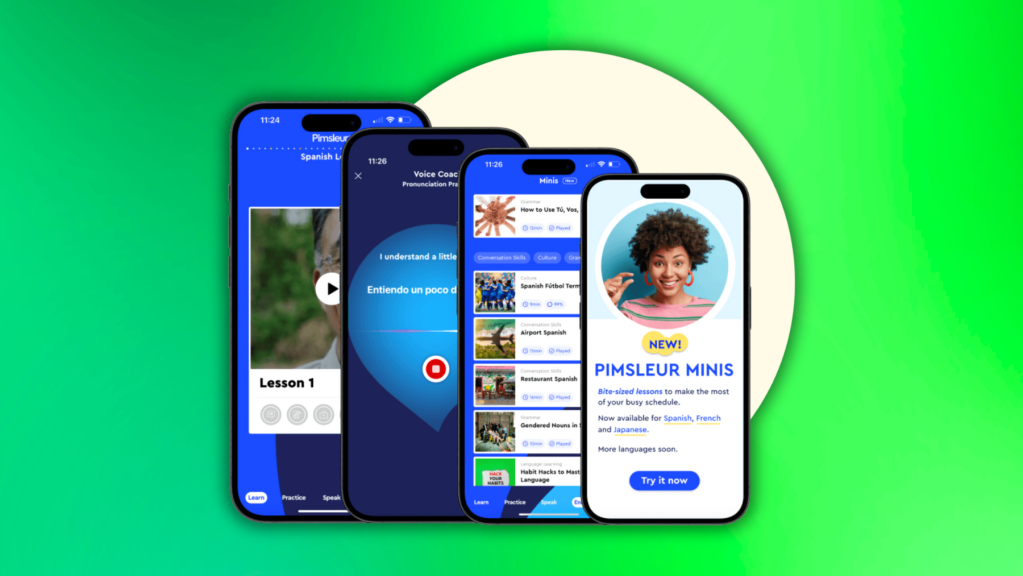The day I was diagnosed with a bladder condition called interstitial cystitis (IC), I joined a Facebook group called IC Warriors. There, I learned about dietary guidelines and supplements that became helpful to my recovery. I also learned how bad my condition could get. People talked about being unable to work, have sex, or function successfully day-to-day. My depression grew as I started worrying I could reach that point.
My next experiment with support groups, after learning I had Lyme Disease, was very short-lived. One evening spent in an in-person support group left me frightened over how long Lyme can go on and how serious it can get. Several people had it for years, and one woman needed heart surgery. I didn’t come back.
Videos by VICE
Sarah Neal Montgomery, a 27-year-old student in Georgia, has similarly mixed feelings about the IC support groups she uses on Facebook. “Seeing that there are so many people with my condition was a comfort,” she says. However, she adds, “It can be overwhelming when so many people are suffering and sharing their suicidal thoughts. I have the same depressing thoughts at times. I try to stay positive and keep those thoughts far away, but it’s hard to forget about it when I see it daily.”
Laurina Esposito, a 37-year-old CEO of a car restoration company in Los Angeles, limits her time on Lyme support groups on Facebook for similar reasons. “The negative posts can actually drain me a bit and make me worry more,” she says.
Support groups for mental health issues can have similar problems. “There can be triggering moments where people talk about assault or something, and sometimes it stirs up a lot of emotion that I then have to deal with,” says Sarah, a 28-year-old student in Boston (who declined to share her last name so that prospective employers can’t identify her) who is a sexual assault survivor herself, of the group she attends for depression and anxiety.
Of course, there can be lots of benefits to support groups, too. Jennifer L. FitzPatrick, a Maryland-based psychotherapist and author of Cruising Through Caregiving: Reducing The Stress of Caring For Your Loved One, says that most of her clients report positive experiences with support groups. “Experiencing a physical, mental health, or cognitive condition can make people feel like they are the only one going through it,” she says. “Friends and family who don’t have the condition can offer love but can never truly identify with the experience. Support groups offer the insight of others who ‘get it.’” They can also empower patients by giving them an opportunity to help others.
“Support groups provide relief from overwhelming isolation associated with chronic illness,” says Ruschelle Khanna, a psychotherapist who has run outpatient mental health and substance abuse clinics in New York City. They can also help educate people about their conditions and treatment options. Terry Lynn Arnold, 60-year-old founder of the Inflammatory Breast Cancer Network Foundation who runs online support groups for people with inflammatory breast cancer, has even heard from people who were deterred from committing suicide after receiving support in groups.
However, this type of group therapy often involves—as I experienced—the sharing of unpleasant experiences and emotions, FitzPatrick adds. Listening to these stories may provide insight into your own situation, but if they leave you feeling depressed, you have to assess whether the lessons are worth it.
Another risk of support groups is that, if not supervised by professionals, they could spread inaccurate information. “Sometimes feedback is not always appropriate or can be unsound when it is related to a medical or behavioral condition,” says social worker Caitlin Simpson, director of clinical operations at Footprints to Recovery, a network of drug and alcohol treatment centers.
“I don’t run any groups that the don’t have medical people volunteering to help the group understand the science,” Arnold says. “Sometimes patients say things like ‘well, you can get that care differently than what your doctor recommends because I did and I’m fine.’ But that is an anecdotal story. That is not a scientifically based story.”
And in online support groups especially, there’s the possibility of encountering trolls, FitzPatrick says. Even when not intended, people often end up offending people online because the tone and intention of written words can easily be misinterpreted, Arnold adds.
More from Tonic:
To avoid these problems, Khanna recommends finding support groups with good moderators and guidelines. “Structure is needed to keep the group on task and to keep people in check when they want to focus on things other than support, such as consistent complaining or negativity,” she says. Simpson even recommends going to multiple support groups to figure out which is most conducive to your healing.
And for the sake of your sanity, don’t assume anyone else’s situation is the same as yours. This can lead you down the rabbit hole I fell into, where you’re just waiting for every dreaded symptom other people have reported to arrive. “It’s important to remember that even if someone’s experience is similar to your own, your outcome and needs may be entirely different,” Simpson says. Based on many needless freakouts, I can assure you that just because someone in your support group is in a flare today doesn’t mean you will be tomorrow.
FitzPatrick also cautions against pushing away your loved ones just because the people in your support group understand your condition better. “While your family and friends don’t understand precisely what you’re going through, they usually know you best and love you,” she says.
Even when support groups are structured in the healthiest way, they aren’t for everyone, Khanna says. It’s important to keep taking stock of how you’re feeling after you participate in a meeting or visit a Facebook group. “If you are in a support group and you find yourself becoming overwhelmed by sadness or always leave feeling worse than before the group, the support group may not be for you,” she adds.
Sometimes, the solution is simply to be more thoughtful about how you use these types of groups. I’m still in several IC and Lyme support groups on Facebook, but I try to only read comments on my own posts or posts on specific topics I search for, rather than mindlessly scrolling through the page. That way, I can get the information and encouragement I need without the negativity.
Sign up for our newsletter to get the best of Tonic delivered to your inbox.
More
From VICE
-

Screenshot: HoloHammer -

Collage by VICE -

Fernando Trabanco Fotografía/Getty Images -

I told my friends we'd be in VICE one day (RIP Chris)
